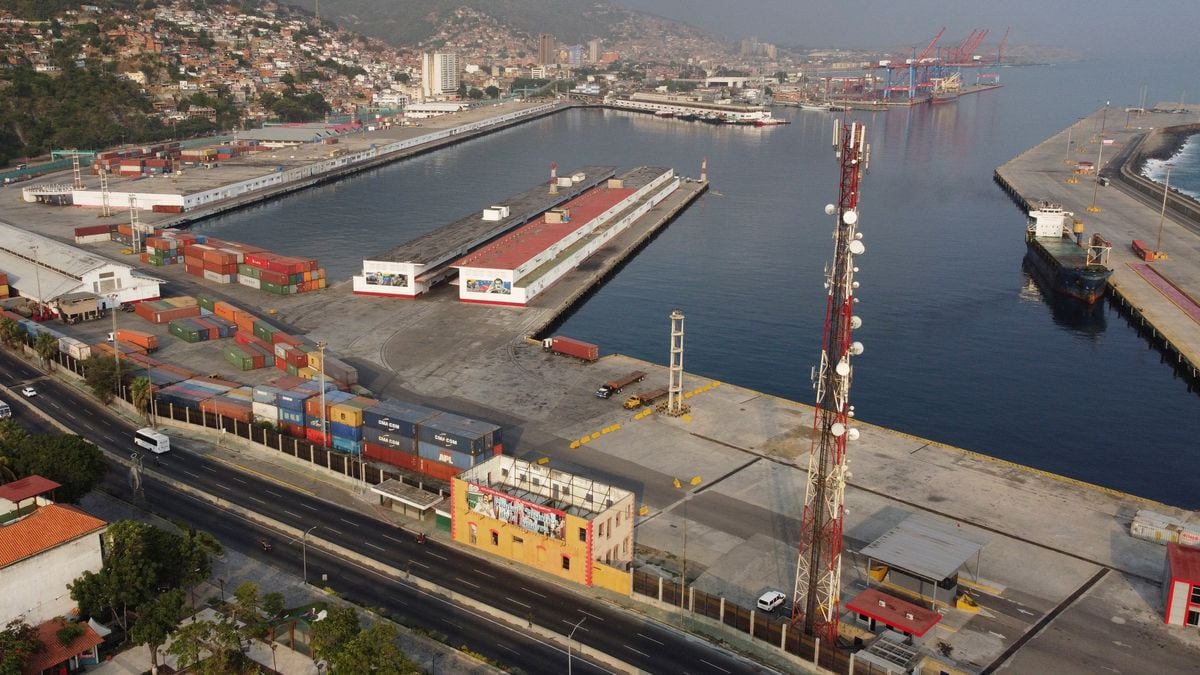The United States reactivates economic sanctions against Venezuela’s energy sector
In a move to increase pressure on the government of Nicolás Maduro, the United States has reinstated economic sanctions on Venezuela’s energy sector. The decision to reimpose these restrictions comes just six months after they were suspended following the disqualification of opposition candidates such as María Corina Machado by the Maduro regime.
The previous measure, known as General License 44, which allowed Venezuela to market its gas and crude oil in international markets, has not been renewed. This move is seen as part of ongoing diplomatic efforts to pressure the Maduro government ahead of the presidential elections scheduled for July 28.
This is not the first time the United States has imposed sanctions on Venezuela. In 2015, under the Obama administration, individual sanctions were imposed on senior officials of security forces involved in the violent repression of anti-government protests. Economic sanctions were later imposed in 2017 under the Trump administration, leading to a policy of overcompliance in US banks regarding transactions involving Venezuelan citizens.
One of the most significant sanctions came in 2019 when the US targeted PDVSA, Venezuela’s state oil company, and its subsidiary companies. This move severely impacted Venezuela’s oil exports, forcing the country to resort to the black market for oil sales.
Despite the easing of sanctions in early 2022 due to the global energy market imbalance caused by Russia’s invasion of Ukraine, the impact on Venezuela’s economy remains limited. PDVSA has struggled to increase oil production, with the country producing between 800,000 and 850,000 barrels per day, far below its peak production.
The recent decision to not renew General License 44 has sparked interest from European, Indian, and Chinese oil companies looking to invest in Venezuela’s oil sector. PDVSA remains optimistic about its future growth prospects, despite the challenges posed by ongoing sanctions.
The United States has also granted extra time to American oil company Chevron to continue operations in Venezuela. The future of other licenses, including the 8M general license allowing limited transactions with certain companies, remains uncertain.
As the diplomatic struggle between the US and Venezuela continues, it is clear that economic sanctions will play a key role in shaping the future of the country’s oil industry and overall economy.
